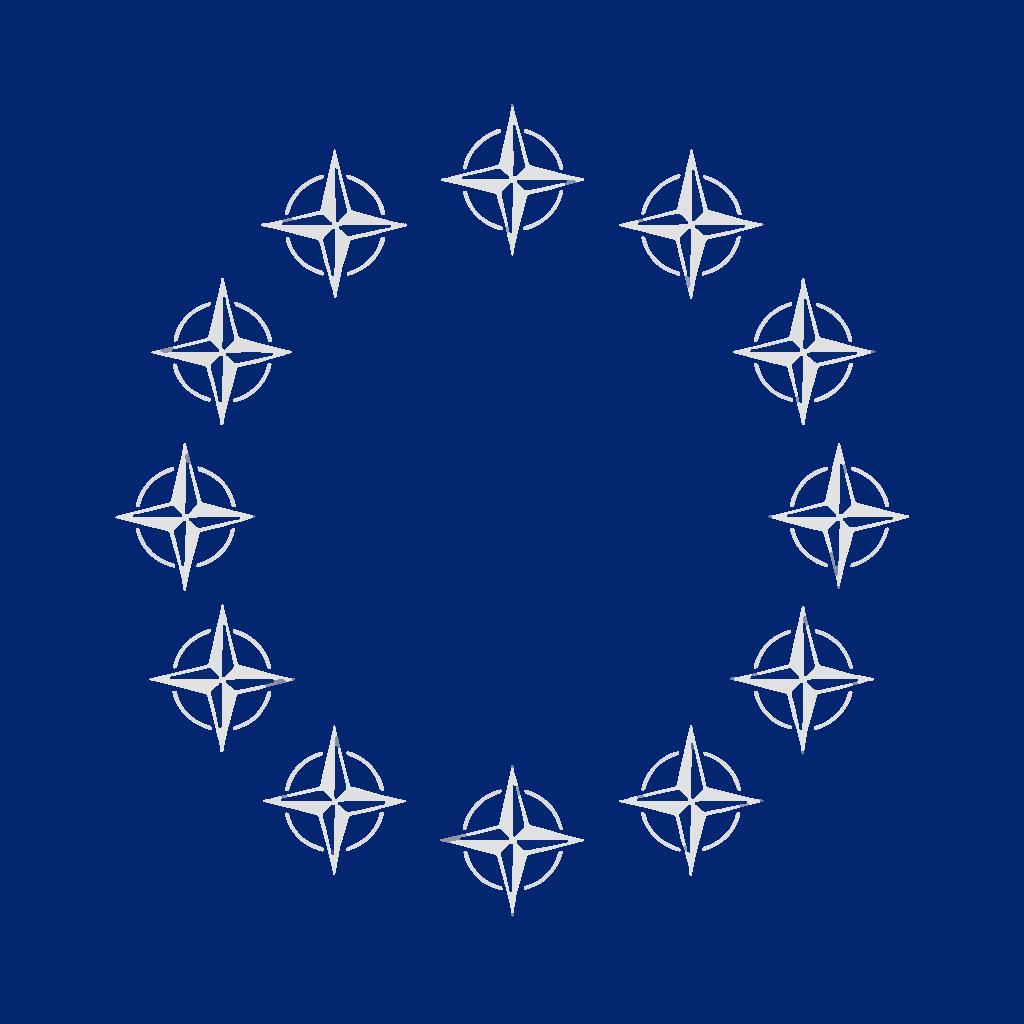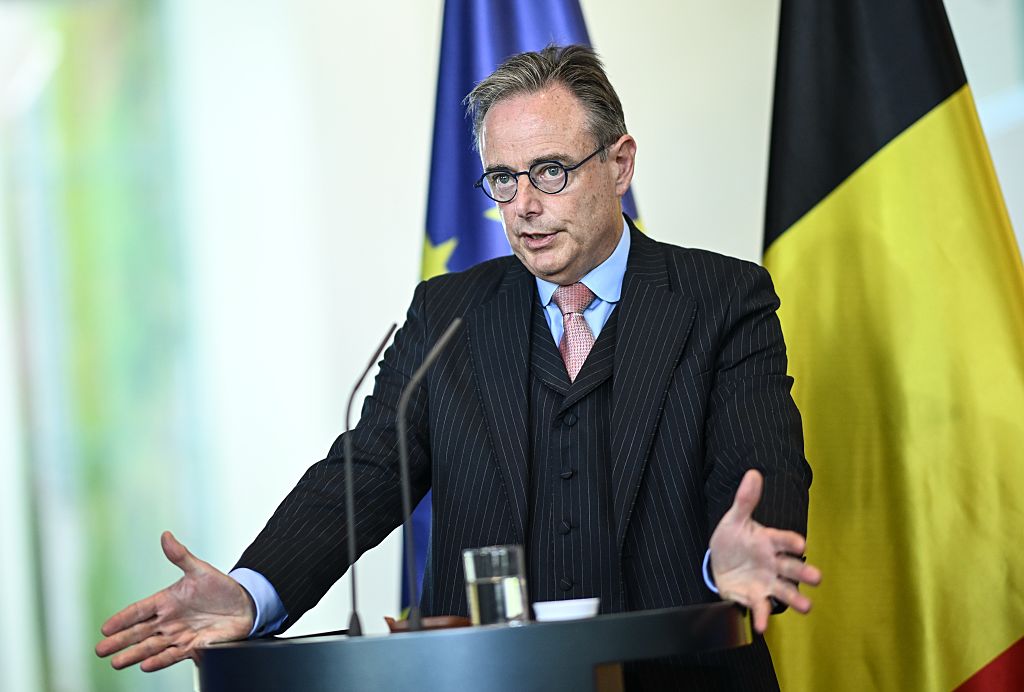Belgium’s prime minister has poured cold water on the European Commission’s proposal to use immobilised Russian central bank assets to fund a ‘reparation loan’ to Ukraine.
The move throws a giant wrench in the EU executive’s plan to use the cash balances associated with €200 billion in frozen assets to support Kyiv’s budget needs and reconstruction.
Most of the assets are held in Euroclear, a Brussels-based clearing house – making Belgium a key player in EU negotiations.
“Taking Putin’s money and leaving the risks with [Belgium]. That’s not going to happen, let me be very clear about that,” Prime Minister Bart De Wever on the sidelines of the UN General Assembly meeting in New York.
“If countries see that central bank money can disappear if European politicians see fit, they might decide to withdraw their reserves from the eurozone,” he added.
In Capitalism, Capital is sacred, including the capital of a sanctioned country.
The move from freezing Russian assets (a temporary measure) to actually withdrawing them or using them as collateral is an unprecedented step that undermines confidence in the existing rules-based financial system. Countries around the world, especially non-Western ones, may begin to review their strategies for storing their gold and foreign exchange reserves, fearing similar measures in the future.


